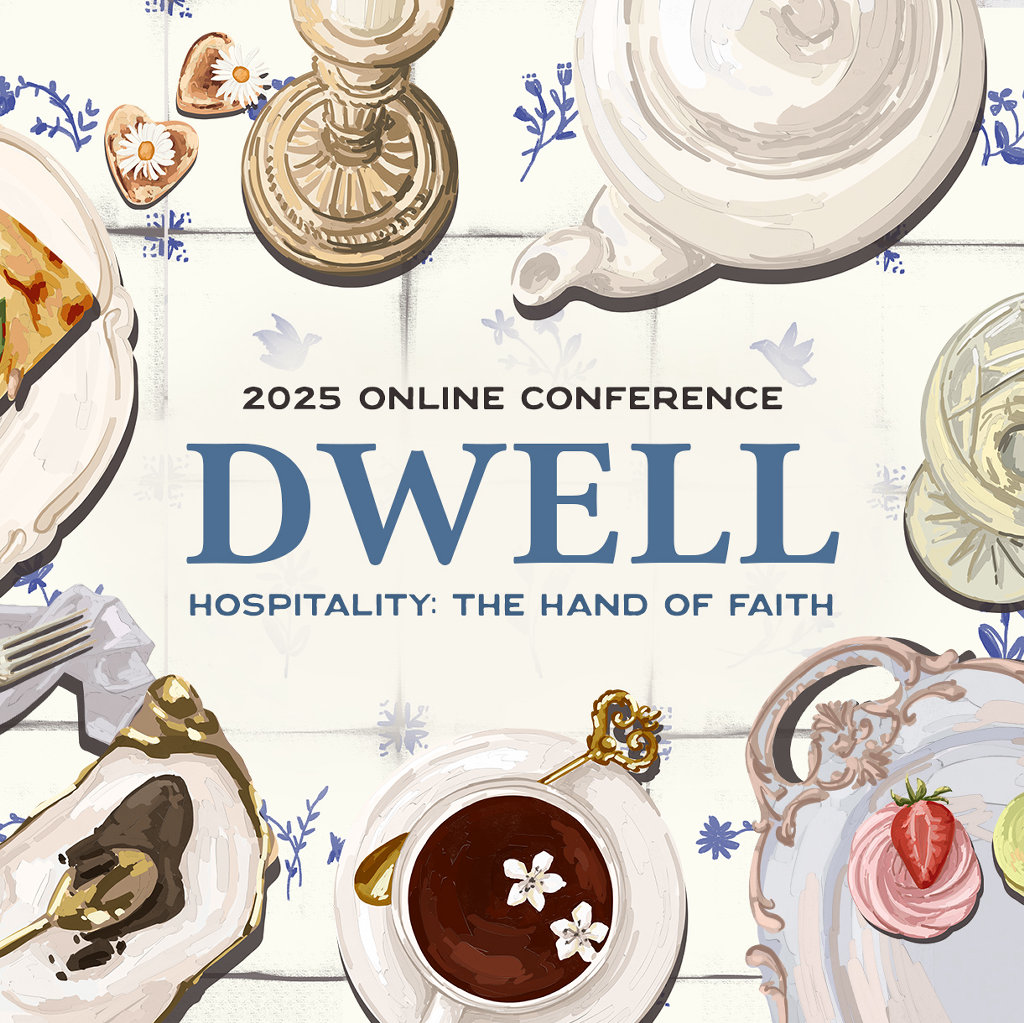How to Overcome the Barbarians We Have Become

An apt answer is a joy to a man, and a word in season, how good it is!
– The Proverbs of Solomon
Perhaps the title makes it obvious that this is no time to point fingers. Rather than look across the borders of our hearts, we would do better to examine ourselves. First, we should disinterestedly ask, “What makes a barbarian a barbarian?” and then we should determine the degree to which, to quote Pogo, “We have met the enemy and he is us.”
What makes a barbarian a barbarian? Etymology and cultural supremacy aside, the answer is surprisingly simple: a barbarian uses inappropriate violence, force, or manipulation to get his way.
What is the contrary of a barbarian?
A civilized person.
To the parallel question, “What makes a person civilized?” I answer: deliberation.
Violence and deliberation are the two poles of this non-polar reality, the two ends of this non-binary spectrum. The problem with an overly simplistic understanding, one that views relationships in binary terms, is that there are occasions when civilized people have to use force. There are both civilized reasons and civilized ways to assert power. However, few and far between are the violent who couldn’t justify their violence to themselves and their fellows.
The inescapable problem is the need for judgment. Justice and deliberation require wisdom and prudence. To separate violence or force from wisdom and sound judgment is to surrender your civilization.
The mind of the righteous ponders how to answer,
but the mouth of the wicked pours out evil things.
ibid
The civilized person and the society that values its own well-being deliberates as far as it is able. More than that, it recognizes how difficult deliberation is, so it teaches its membership from their earliest days how to deliberate. It demands of its members that they learn to deliberate as early and deeply as possible and it honors those who are best at it.
It goes still further: it honors and cultivates within its membership the sorts of habits and activities that underlie, sustain, or are produced by deliberation.
For example, anybody who has ever made the slightest effort to deliberate knows that it requires patient attentiveness. You cannot deliberate with a person you won’t hear. Therefore, a civilized society reacts aggressively and forcefully against any force that undercuts the ability of its members to pay attention. Its mature leaders take positive steps to cultivate attentiveness and negative steps to protect it. They deliberate among themselves to see what influences the young are encountering and how they are affecting their attentiveness. When distractedness arises, a visceral response rises up within the leaders against its sources: external or internal, moral or functional, personal or communal. The leadership of a healthy society is so concerned about the attentiveness of its members that it fights to cultivate and protect it.
Because attentiveness underlies the deliberation that enables civilization, the society that neglects the ability of its young to be attentive cannot be civilized. The elders of such a society have already failed it.
He whose ear hears wholesome admonition will abide among the wise.
ibid
Deliberation requires attentiveness. It also requires speech. Anybody who has tried to deliberate knows that it demands some degree of skill with words. To articulate one’s actual desires in a given situation can strain our mental powers. We often can’t find the fitting word. It is deeply frustrating when we have a sense of what we want and maybe even the words to express it, but we find ourselves unable to connect our thoughts effectively or to touch the heart of the person we address.
Many of us often find that others have said what we are trying to say better than we can.A civilized society will intuitively embrace people with a knack for vivid expression. If they can tell stories that express our desires and fears, we love them. If they can spin words and phrases that we can borrow, we record them in our notebooks and hide them in our hearts. If they can plumb our souls and express what we want but fear to discover, we will crown them with laurels and build monuments in their honor.
They are the ones who make civilization possible. They teach us how to use that most essential tool of civil deliberation: words. The other heroes, the ones who get the biggest marble monuments, defend what the first heroes have taught us. We honor them both when we teach our children how to deliberate with humility and skill.
Poetry, refined language, the well-crafted story, speech, good humor, the well-turned phrase: these are the children of deliberation and civilization.
The light of the eyes rejoices the heart,
and good news refreshes the bones
ibid
When we see how important it is, therefore, we commit ourselves to deliberation. Unfortunately, we still often fail to do it well. At that point, we must guard against playing the victim or the bully. At such times, we disguise what we are doing from ourselves and find ways to blame the other. Most of us are too cowardly to be bullies and too proud to cry, so we do them indirectly, politely, and safely. Nevertheless, had we learned how to listen and speak better, we would not have been as dependent on violence and victimhood—literally or analogically.
This approach to deliberation and civilization reveals a few things:
- That civilization is difficult and requires both moral and intellectual virtues.
- That a civilized society structures itself around deliberation and its offspring
- The importance of language—and why civilized societies spend so much time cultivating its many uses and celebrating those most gifted
- Why classical education is necessary for a society that wants to be free
The barbarian is the one who twists words to overpower others or replaces words with force. We are all always prone to do both. If we can’t conquer ourselves first, there is no point trying to conquer the evil in anybody else.
Andrew Kern
Andrew Kern is the founder and president of The CiRCE Institute and the co-author of the book, Classical Education: the Movement Sweeping America.









4 thoughts on “How to Overcome the Barbarians We Have Become”
Deliberation presupposes that the other person has the ability to be reasonable and is not wholly given over to motives of domination. In short, it presupposes a basic level of trust. Does not a demonstration of good will, or a genuine act of love or self-sacrifice need to precede deliberation where trust has eroded?
Joshua, perhaps that is why the first rule of engagement is to turn the other cheek. We cannot truly deliberate unless we are able and willing to take the beating. People can’t listen when they are fighting, but there is a chance, a very small chance that they will start listening when the other side is not retaliating. The stories of the Christian Martyrs are the stories of what it takes for a civilization to come out of barbarism. It is not something we really want to embrace or believe, but it is the ultimate underlying truth. The only way out of barbarism is the suffering of those who refuse to be barbaric. Christianity was and is the only answer that makes it possible to endure the suffering necessary for true civilization to flourish. When we are serving a higher purpose than any the world has to offer, we are in a position to take the beating without faltering.
I am reminded of Lincoln’s 2nd Inaugural Speech: “…With malice toward none with charity for all with firmness in the right as God gives us to see the right let us strive on to finish the work we are in to bind up the nation’s wounds, to care for him who shall have borne the battle and for his widow and his orphan ~ to do all which may achieve and cherish a just and lasting peace among ourselves and with all nations.”
The thing is that no nation or person can honestly, fully accomplish without God’s love.
A great example of your point is Antigone. Sophocles sums up the tragedy, which stems from Creon’s inability to pause, reflect, and deliberate, with these fitting words:
“Creon shows the world that of all the ills affecting men, the worst is lack of judgment.” (1372-1373)